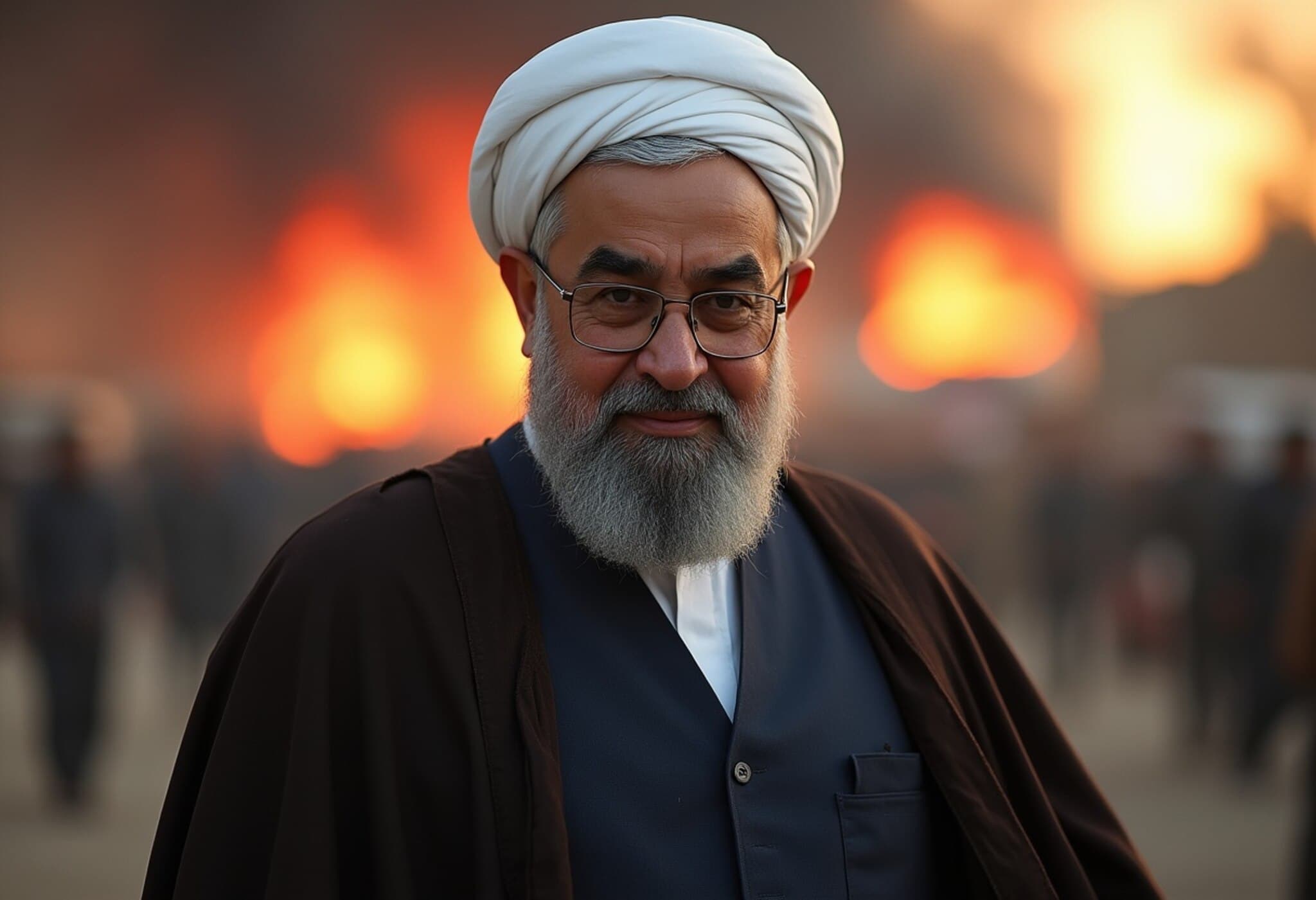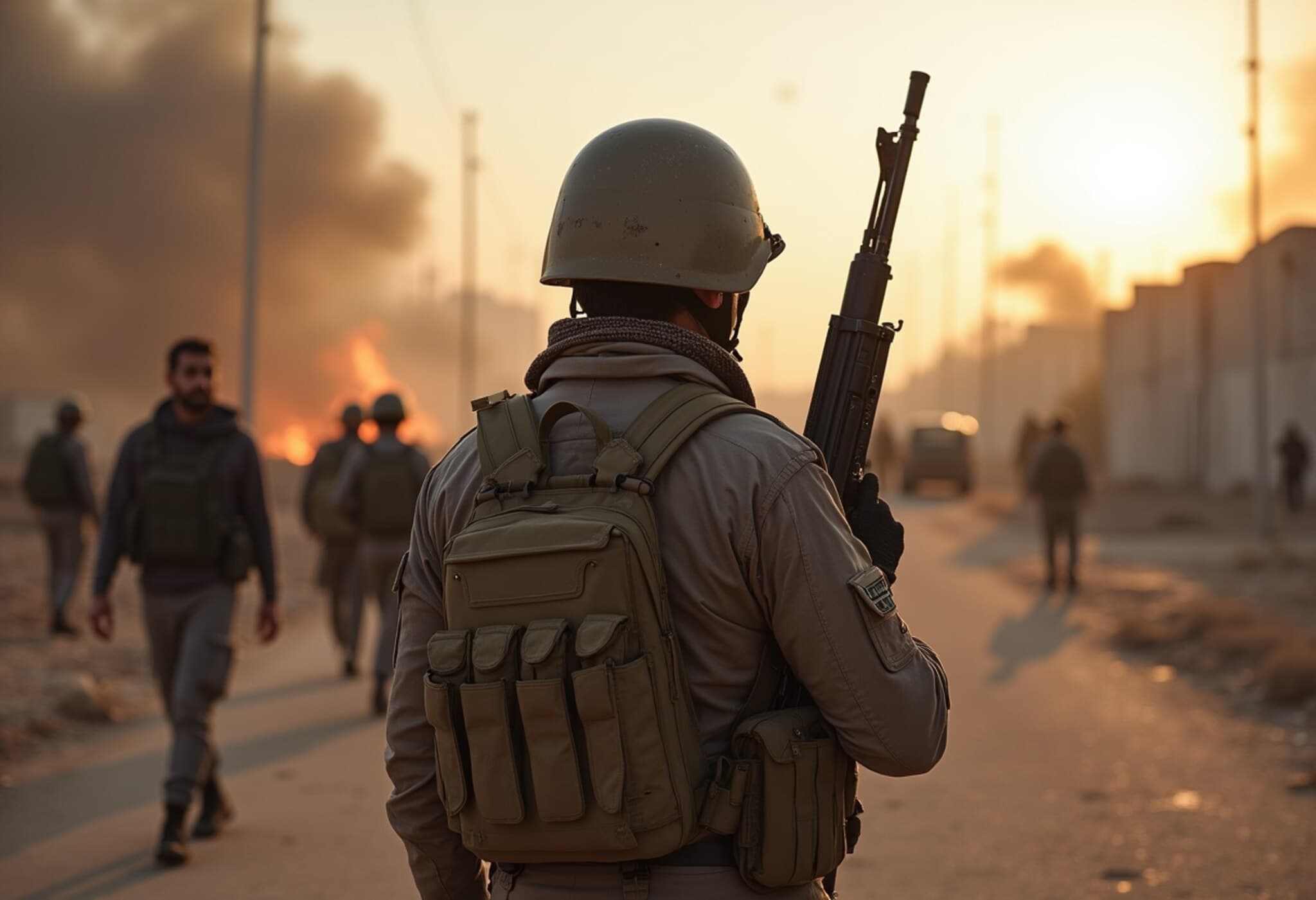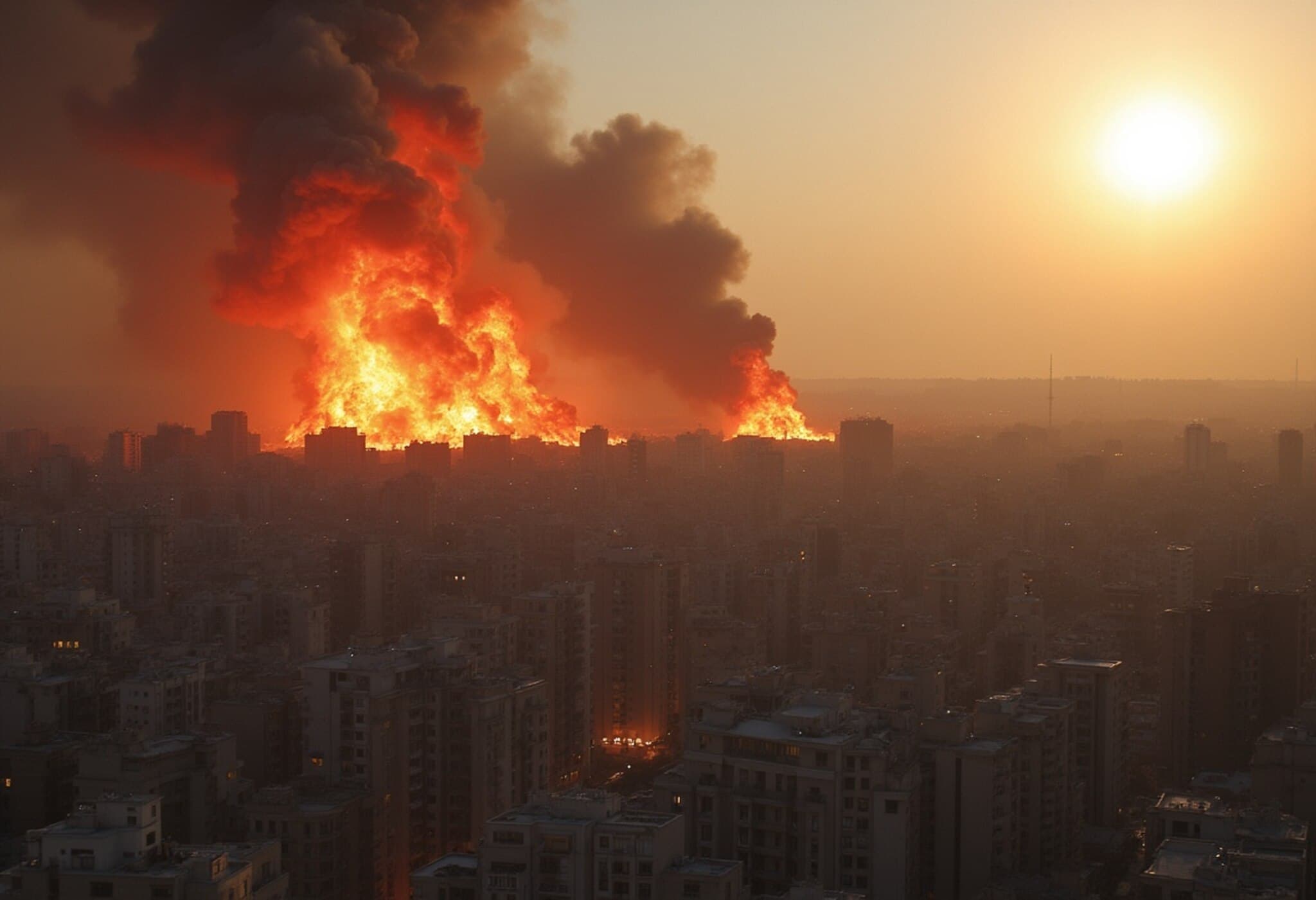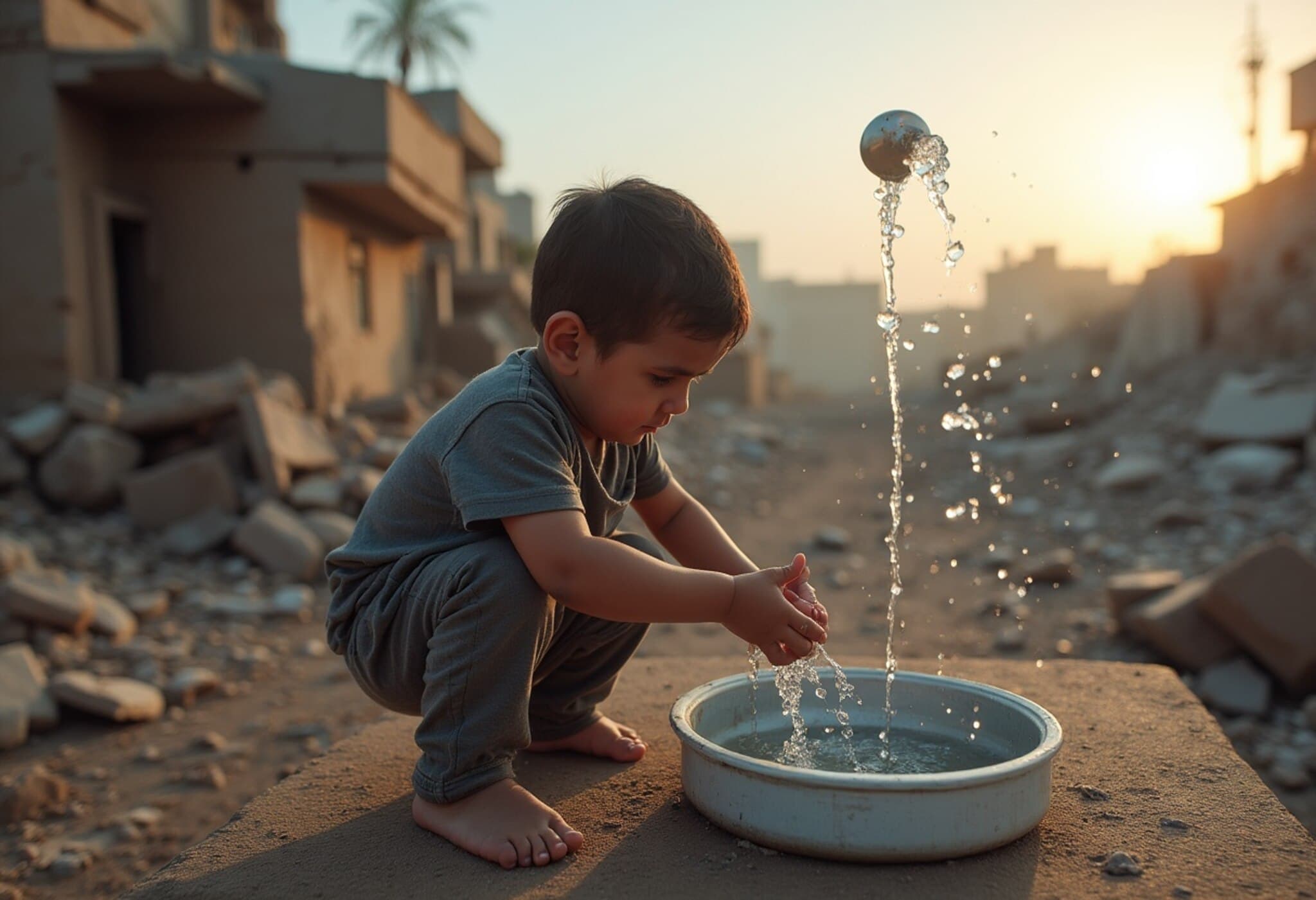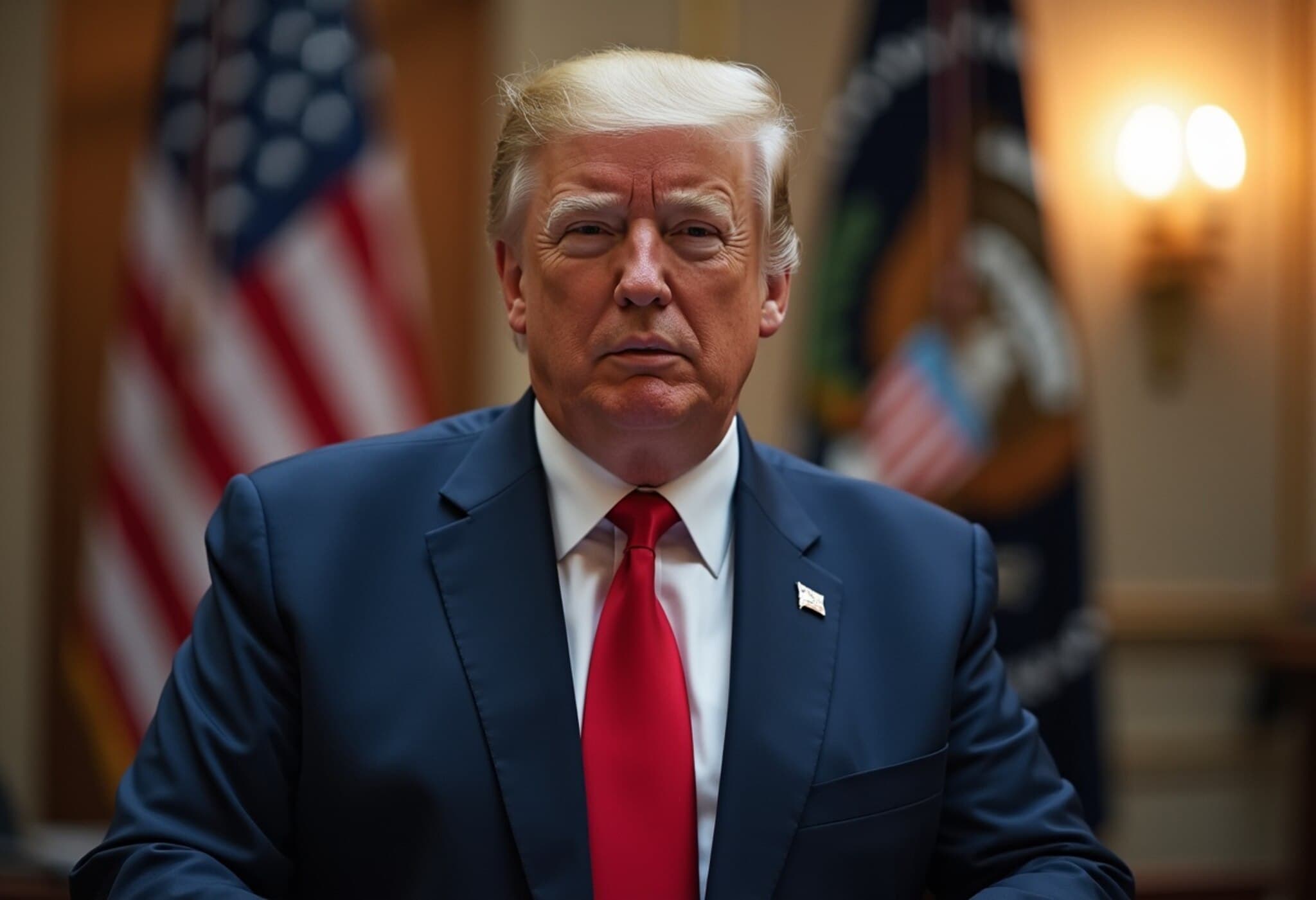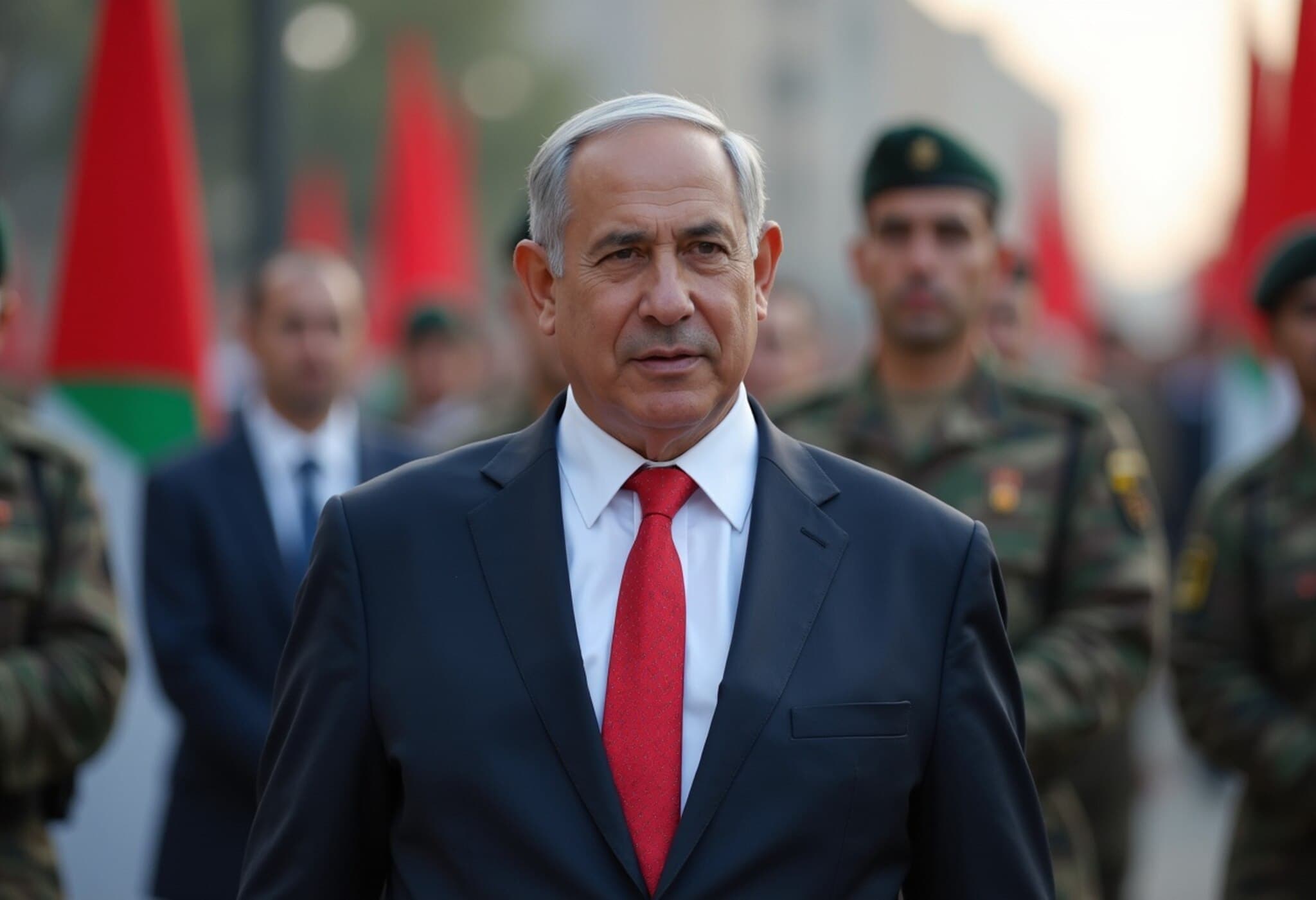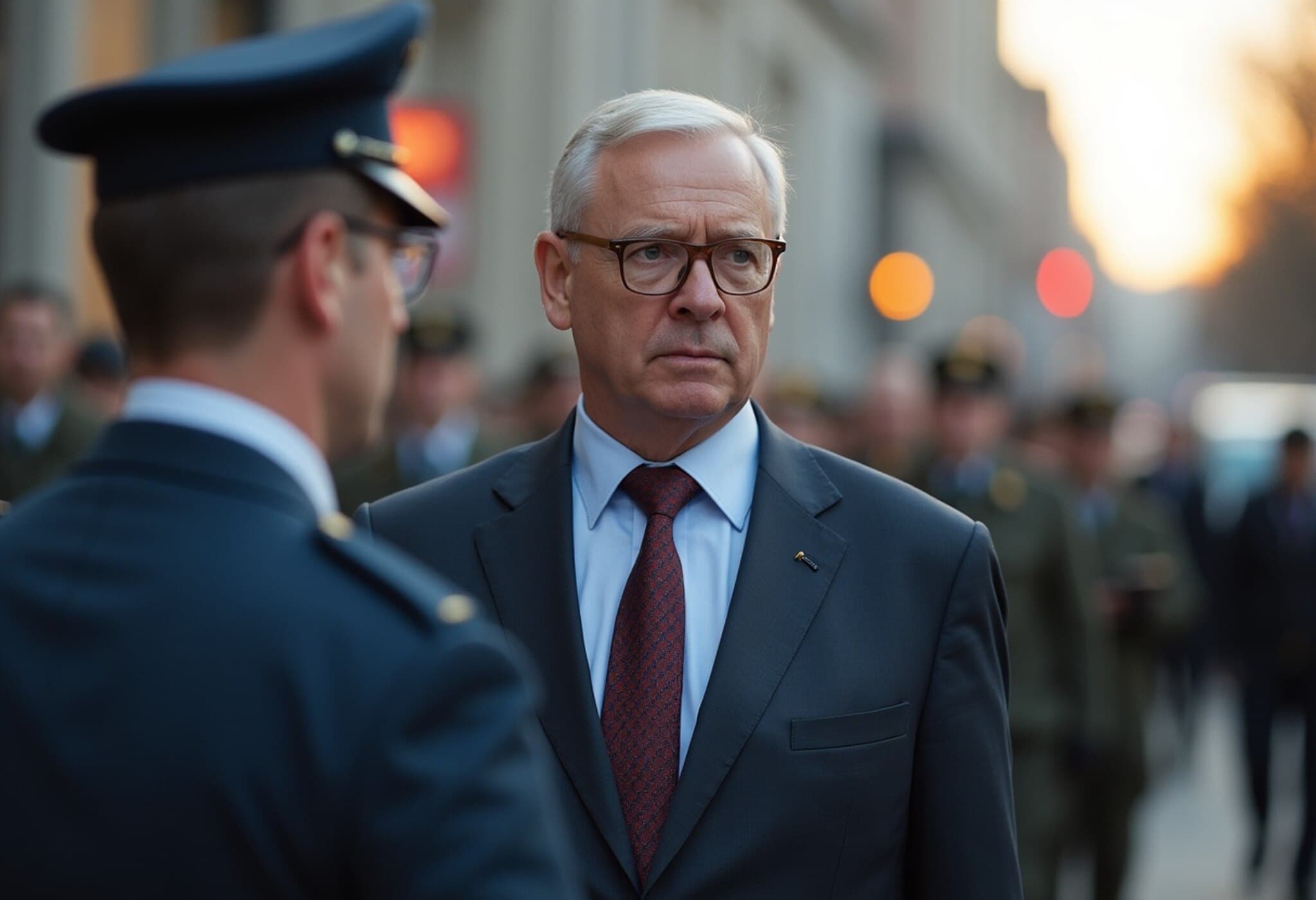Rising Tensions: Iran Warns of Possible War with Israel
In a stark reminder of the fragile peace hanging over the Middle East, Iran’s First Vice President Mohammad Reza Aref warned on August 18, 2025, that war with Israel could ignite at any moment. This cautionary message underscores the fact that the current lull following June’s violent 12-day conflict is not a formal ceasefire, but rather a precarious cessation of hostilities.
The Aftermath of June’s Deadly Conflict
The June hostilities were intense and deadly: Israel launched airstrikes targeting Iranian nuclear and military sites, as well as residential areas, resulting in over 1,000 deaths, including key military commanders and nuclear scientists. In response, Iran retaliated with missile and drone attacks that caused dozens of casualties within Israel.
While the United States entered the conflict on June 22 with its own bombings of Iranian nuclear facilities, it announced a pause in fighting by June 24. However, this pause did not come with any formal agreement or treaty, leaving the situation highly volatile.
Official Statements Signal No Formal Ceasefire
Mohammad Reza Aref emphasized the fragile nature of the current state: “We are not even in a ceasefire (agreement); we are in a cessation of hostilities.” This distinction is critical. Ceasefire implies a voluntary halt to attacks governed by mutual agreements and protocols, which are notably absent here.
Further underlining this precarious state, Yahya Rahim Safavi, a military adviser to Supreme Leader Ayatollah Ali Khamenei, told Iranian media: “We are preparing plans for the worst-case scenario.” He added, “There is no protocol, no regulations, no agreement between us and the Israelis, between us and the Americans.”
Nuclear Ambitions and International Diplomatic Strains
The specter of nuclear tensions looms large over these military threats. Western nations, led by the United States and European powers such as Britain, France, and Germany, accuse Iran of secretly advancing a nuclear weapons program under the guise of civilian atomic development, a charge Iran vehemently denies.
The key international concern surrounds Iran’s uranium enrichment levels. The landmark 2015 nuclear accord capped enrichment at 3.67%, but Tehran has since enriched uranium to over 60% purity—alarmingly close to the roughly 90% required for weapons-grade material.
Last week, the European signatories of the 2015 nuclear deal threatened to reimpose sanctions in response to Iran’s continued enrichment beyond agreed limits. Some Iranian officials have hinted at the possibility of withdrawing from the Nuclear Non-Proliferation Treaty (NPT), a move that could destabilize global nonproliferation efforts and escalate regional risks.
Regional and Global Implications
This volatile mix of military brinkmanship and nuclear escalation raises critical questions about stability not only in the Middle East but globally:
- Could a full-scale war erupt? Iran’s officials insist they do not seek war but are prepared for confrontation, signaling the high stakes.
- What role will the United States play? With its recent involvement, American responses will heavily influence the conflict’s trajectory.
- How effective are international diplomatic efforts? The unraveling of the 2015 agreement suggests a diplomatic vacuum that may embolden radical moves on all sides.
Experts warn that any renewed hostilities would have devastating humanitarian and economic costs, potentially igniting broader regional conflicts and disrupting global energy supplies.
Expert Commentary
Dr. Lisa Merritt, a Middle East security analyst, notes: “The absence of a formal ceasefire means both sides are essentially sitting on a powder keg. While neither Iran nor Israel openly seeks war publicly, the rhetoric and military preparations suggest a very real readiness for escalation.”
From a U.S. policy perspective, balancing deterrence with diplomacy remains a fraught challenge. Re-engagement in nuclear talks or firm multilateral sanctions could help recalibrate the situation. Yet history shows that regional actors often resist external pressure, emphasizing the need for nuanced, locally informed diplomacy.
What Lies Ahead?
The world watches closely as this uneasy silence stretches on, knowing that beneath the surface lies the potential for devastating conflict. The international community’s response in the coming weeks and months will be pivotal, not only for the Middle East’s future but for global peace and security.

